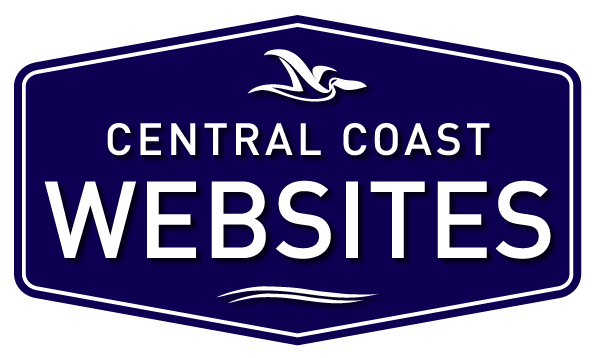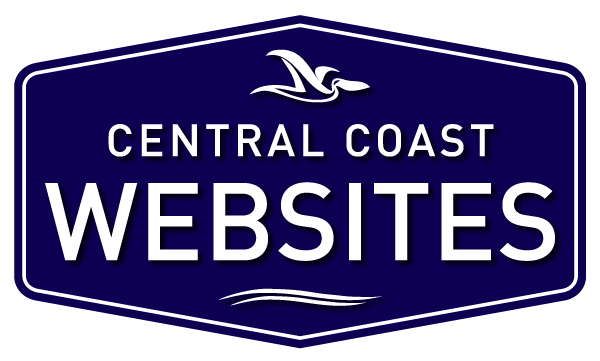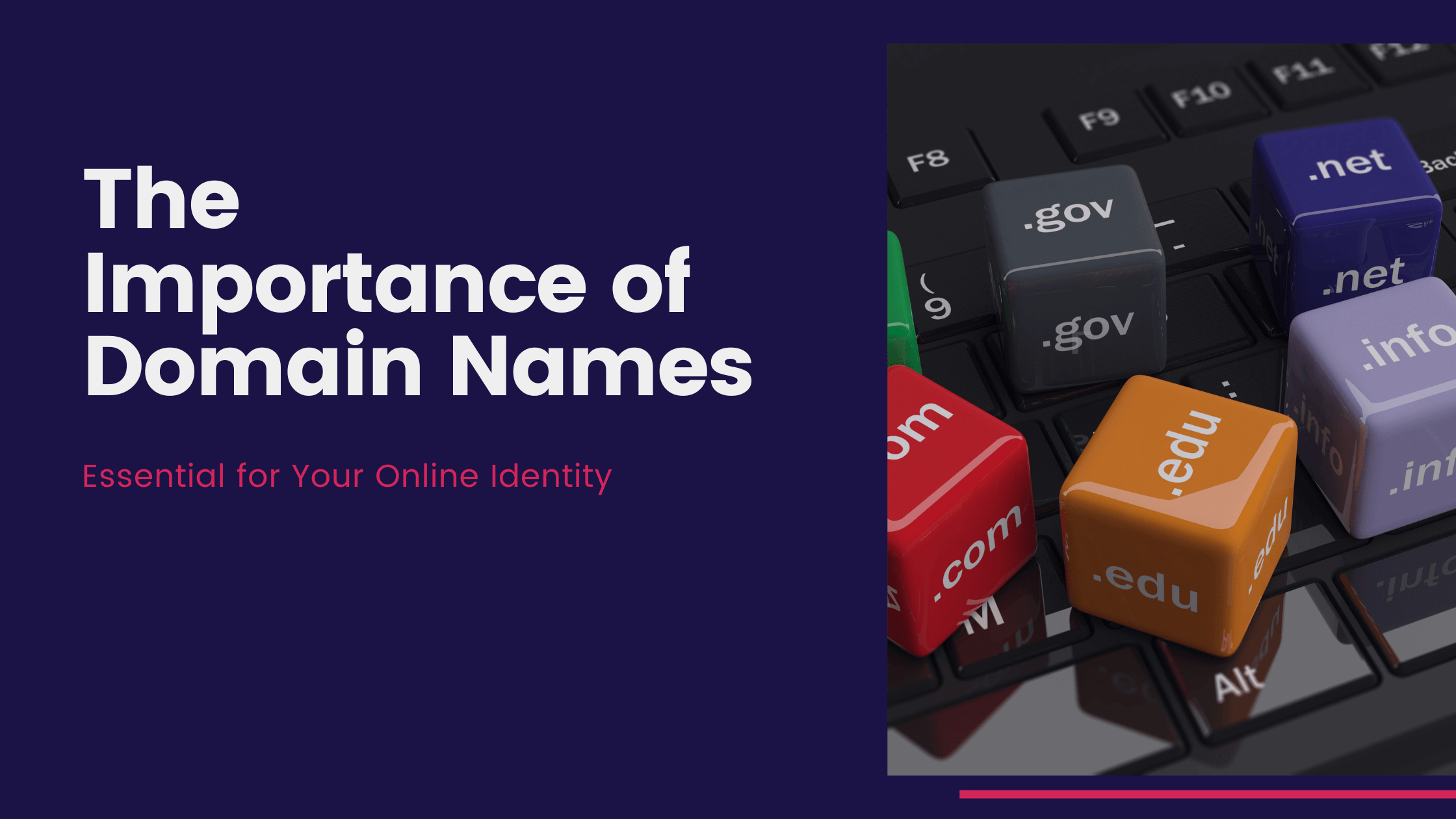Integrating SEO & Content Marketing:Crafting a Dominant Digital Strategy
Navigating the intricate elements of digital marketing can often leave people confused, especially when it comes to differentiating and understanding the roles of SEO vs Content Marketing. There’s a prevalent misconception that these strategies stand on opposite ends of the spectrum, requiring a choice between one or the other. However, this is far from the case.
SEO, short for search engine optimisation, is often viewed as a set of technical steps aimed at climbing the search engine rankings. It’s the optimisation wizardry that makes your website more discoverable for Google’s algorithms and for those who are looking for it. Content marketing, in contrast, is about crafting and sharing valuable content that attracts and engages your audience. Following the principles of E-E-A-T, a Google acronym for Experience, Expertise, Authoritativeness, and Trustworthiness, will ensure your content is well written, showing your expertise and experience in your field. This in turn brings trust from your target audience.
What’s critical to grasp is that SEO and content marketing complement each other. SEO is the solid foundation upon which your content is built. A well-optimised site, in terms of technical SEO, off-page and on-page factors, ensures that your site ranks well in search engines, providing a platform for your content to shine. This synergy allows for content to be effectively indexed and shown to the right audience, enhancing visibility and driving engagement. When the technical structure is sound and the content is relevant and valuable, your site becomes more than just a collection of pages; it transforms into a resource that users trust and search engines recommend.
Good SEO points people in the right direction, while great content is what they stay for. This is the basic summary of our point: SEO and content marketing are best when interlinked, supporting each other to enhance your overall digital marketing efforts. They are not rivals for resources, but rather two essential elements that, when harmoniously integrated, can significantly amplify your online footprint.
Understanding SEO.
Search Engine Optimisation (SEO) is the process of refining your website so that it can be easily discovered by search engines. It serves as a navigational tool that directs search engines towards the significance and merit of your content, enhancing the likelihood that your website will capture the attention of potential customers as they search for information pertinent to your business offerings.
The significance of SEO cannot be overstated when it comes to online visibility and organic traffic. Organic traffic, the kind that comes from search engines without paid advertising, is often the lifeblood of a website. It’s consistent, targeted, and, most importantly, it signifies an audience actively seeking what you offer. SEO is the key to unlocking this stream of potential customers.
A strong SEO strategy is multi-faceted and detailed, but here are the key elements that you cannot afford to overlook:
- Keyword Research and Integration: Keywords are the phrases and terms that searchers use in search engines. By researching and integrating these terms into your content, you ensure that your website speaks the same language as your potential visitors, making it more likely for them to find you.
- On-page Optimisation: This involves tweaking the visible elements of your website pages to enhance relevance and user experience. It includes optimising meta tags, which provide search engines with metadata about your content, crafting descriptive headers, and ensuring URL structures are clean and informative.
- Page Speed and Technical Enhancements: A slow-loading page is a deterrent to users and a red flag to search engines. Enhancing your website’s technical underpinnings to load quickly is not just about customer satisfaction—it directly impacts your search rankings.
- Mobile Responsiveness: With the majority of searches now performed on mobile devices, your website must adapt fluidly to any screen size. Mobile responsiveness is no longer just a convenience—it’s a necessity.
- Off-page Optimisation: This is about improving your website’s authority through backlinks and social signals. Each quality link back to your site acts as a vote of confidence, a testament to your content’s credibility and worth.
Understanding Content Marketing.
Content marketing is a strategic approach focused on creating and distributing valuable, relevant, and consistent content to attract and retain a clearly-defined audience — ultimately, to drive profitable customer action. It’s about telling your brand’s story in a way that resonates with your target customers, establishing your expertise, and providing value that goes beyond your products or services.
The core objective of content marketing is to build brand authority and engagement with your audience. By sharing knowledge, insights, and entertainment, you can cultivate a relationship with your customers that feels less like a sales pitch and more like a mutual exchange of value.
There are several avenues through which content marketing can be executed:
- Blogging and Website Content: The foundation of content marketing, blogs, and web articles provide in-depth information and attract visitors through organic search. They are often the primary tools for integrating SEO strategies, such as keyword usage and link building.
- Social Media Content: Platforms like Facebook, Twitter, Instagram, and LinkedIn allow brands to engage with their audience in a more casual and direct way. Social Media content is designed to be shared, increasing your brand’s reach.
- Video and Multimedia Content: Videos, infographics, and podcasts are highly engaging content forms that can explain complex topics in an easy-to-understand and visually appealing manner.
- Email Newsletters and Campaigns: Email marketing remains a highly effective way to communicate directly with your audience, offering tailored content that can guide them through the buyer’s journey.
To measure the success of your content marketing efforts, it’s important to track specific metrics such as website traffic, engagement rates, conversion rates, social shares, and email open and click-through rates. These indicators will help you understand how well your content resonates with your audience and which strategies drive the most profitable customer actions.

SEO vs Content Marketing:How they Work Together
When diving into the mechanics of digital marketing, the complementary nature of SEO and content marketing becomes clear. They are not solitary soldiers on the battlefield of digital dominance but rather a cohesive unit, each enhancing the effectiveness of the other.
SEO acts as a navigational tool for content strategy. It involves pinpointing crucial keywords and comprehending user search intent, allowing content creators to shape materials that engage their audience while also catering to actual search trends. This careful curation means that content is presented to the audience exactly when they need it, enhancing the potential for interactions and successful outcomes.
Content marketing serves as a vehicle for SEO by weaving in keywords that consumers use to search for information online. These keywords act as signposts that help search engines understand and rank content, making it more accessible to users. Additionally, high-quality content is a magnet for backlinks from reputable sites, which are a critical ranking factor in SEO. Essentially, engaging content earns the attention and citation of others, which signals to search engines the trustworthiness and authority of your website.
To illustrate the benefits of a digital marketing strategy with SEO & Content, consider how a well-known outdoor apparel company might approach their digital marketing. Through diligent SEO research, they identify a trend in consumers searching for eco-friendly hiking gear. In response, they launch a content marketing campaign that includes in-depth blog posts, infographics, and videos on sustainability in outdoor gear, all rich with relevant keywords. This not only improves their search engine rankings for these terms but also positions the brand as an authority on the subject, fostering trust and loyalty among their customer base.
This example exemplifies how the combination of SEO and content marketing can create a ripple effect of benefits, from enhanced search engine visibility to fortified brand reputation and beyond. By understanding and leveraging this interplay, businesses can unlock new opportunities for growth and establish a formidable online presence.
Differences Between SEO and Content Marketing.
While SEO and content marketing are interdependent, they do have their own unique focal points and methodologies.
Technical Precision vs. Creative Narrative
- SEO emphasises the technical aspects of a website, focusing on optimising the site’s architecture for search engine algorithms.
- Content marketing, conversely, engages the creative side, aiming to connect with audiences through storytelling and emotional resonance.
Immediate Impact vs. Sustained Engagement
- SEO will achieve results through technical optimisations and link-building efforts with ongoing work. These results will have an immediate impact on your site, though it can take time for these results to be reflected in search results.
- Content marketing is about building long-term relationships with your audience, requiring consistent delivery of valuable content to establish trust and authority over time.
Quantitative vs. Qualitative Metrics
- Success in SEO is largely measured by quantitative data such as traffic, rankings, and click-through rates.
- Content marketing also looks at qualitative aspects, such as audience reception, comment sentiment, and the overall impact on brand image.
Recognising these distinctions allows marketers to navigate the digital marketing landscape more effectively, ensuring that the efforts in both SEO and content marketing are not only aligned but also utilised to their utmost advantage.
Strategies for Combining SEO and Content Marketing.
To harness the full potential of both SEO and content marketing, one must integrate them into a cohesive strategy. Here’s how you can achieve this.
Best Practices for Integration
- Start by identifying your target audience and understanding their search habits, preferences, and needs.
- Use keyword research to inform your content topics, ensuring you’re answering the questions your audience is asking.
- Incorporate SEO tactics in your content creation, like using keywords naturally and optimising meta descriptions to improve click-through rates.
Crafting an SEO-Friendly Content Calendar
- Plan your content calendar by factoring in keyword research, seasonal trends, and product launches to maximise relevance and timeliness.
- Schedule regular updates and re-optimization of existing content to keep it fresh and ranking well.
Balancing User and Search Engine Appeal
- Write for your audience first, making sure the content is engaging and valuable.
- Use headers, bullet points, and images to make content user-friendly while naturally integrating SEO elements.
Leveraging Analytics for Continuous Improvement
- Regularly review your site’s analytics to understand what content performs well and why.
- Use this data to refine your content and SEO strategy, focusing on what works best for your audience and search engines.
By meticulously applying these strategies, you can create a harmonious balance between SEO and content marketing, ensuring your digital presence not only attracts but also retains and converts your target audience.
Future of SEO and Content Marketing.
As the landscape of digital marketing unfurls, the interplay between SEO and content marketing will become even more nuanced. Google’s algorithms and the industry at large are increasingly emphasising the need to satisfy user search intent, and the ability to do so effectively is rooted in the creation of authoritative content. Here’s how this focus is expected to reshape the future of SEO and content marketing:
Establishing Authority through Content
- Building trust with audiences will become crucial, and this is where authoritative content comes into play. High-quality, insightful content will be paramount in establishing a brand as a thought leader in its niche.
- The creation of comprehensive content that covers topics exhaustively will be favoured by search engines aiming to offer users the most reliable information.
Predictions and Trends
- The mantra ‘Content is King’ is set to intensify. Google’s evolving algorithms are designed to reward content that thoroughly satisfies search queries and user intent.
- The optimisation for context and user intent will become more significant, requiring content to not only be keyword-rich but also contextually relevant.
- With the rise of voice search, content will need to adapt to a more conversational tone, reflecting the way real users speak and inquire.
- AI and machine learning will continue to refine personalised search experiences, demanding content strategies to be adaptable and data-driven.
- Video content’s importance is expected to increase, necessitating SEO techniques that are specifically tailored for video discoverability and ranking.
In light of these changes, creating content with authority will be essential for a strong SEO and content marketing strategy. Brands will need to invest in content that educates, engages, and solves problems for users, thus earning their trust and loyalty. The future belongs to those who can not only predict the needs of their audience but also deliver content that resonates on a deeper level, ensuring both visibility and credibility in the digital domain.
The Continued Importance of Technical SEO.
In an era where user experience is paramount, the technical underpinnings of SEO cannot be overlooked. Search engines are placing an ever-greater emphasis on the usability of a website, which includes factors like mobile responsiveness and site speed. Here’s what to consider as these elements remain critical for SEO and content marketing strategies:
Mobile Responsiveness
- With mobile devices accounting for a significant portion of web traffic, a mobile-friendly website is no longer optional. It’s expected that search engines will continue to prioritise mobile responsiveness when ranking sites.
- The focus will be on creating seamless experiences for users on smartphones and tablets, which includes touch-friendly navigation and readable content without the need to zoom or scroll horizontally.
Site Speed
- Site speed is a direct ranking factor for search engines like Google. As users demand instant access to information, the patience for slow-loading pages is dwindling.
- Optimising images, leveraging browser caching, and minimising code are just a few ways to improve site speed. Emerging technologies and practices in web development will also contribute to faster, more efficient sites.
Technical SEO as a Foundation.
- Technical SEO will remain the foundations of a website’s health. Ensuring that a site is crawlable and indexable will be as important as ever for content to be discovered and ranked.
- Regular audits to identify and fix technical issues, like broken links or incorrect robot.txt files, will ensure that SEO efforts are not undermined by underlying technical problems.
The technical aspects of SEO will continue to be the bedrock upon which content marketing strategies are built. While producing quality content is essential, it is the technical soundness of a website that ensures this content reaches the intended audience efficiently and effectively. As technology evolves, so too will the techniques for optimising websites, making it crucial for marketers to stay up to date with the latest developments in technical SEO.
SEO vs Content Marketing.
As we’ve navigated through the intricate relationship between SEO and content marketing, one thing is clear: they are not solitary paths but rather interwoven routes leading to the same destination—online success. The synergy between SEO’s technical precision and content marketing’s creative narrative is not just beneficial; it’s essential for any brand looking to establish a formidable digital presence.
We’ve seen how SEO lays the groundwork, making your site visible and accessible to search engines, while content marketing populates that site with compelling and valuable material that engages and retains an audience. From keyword-rich articles that climb search rankings to insightful videos that spark shares and conversations, the union of these disciplines is where true online alchemy happens.
To thrive in the digital era, adopting a holistic approach is non-negotiable. Brands must recognise that a combined strategy where SEO informs content creation, and content feeds back into SEO, is the most robust method to achieve and maintain online relevance and authority.
Integrate SEO and content marketing into a single, unified strategy. Audit your current practices, identify areas for improvement, and commit to a course where each element supports the other. The digital landscape is ever-changing, and only through a synchronised approach can your brand navigate it successfully. For more information on how to write SEO content, check out our blog post on the “significance of SEO content“.
Start now and shape your digital marketing strategy into a perfect blend of technical expertise and creative brilliance.





